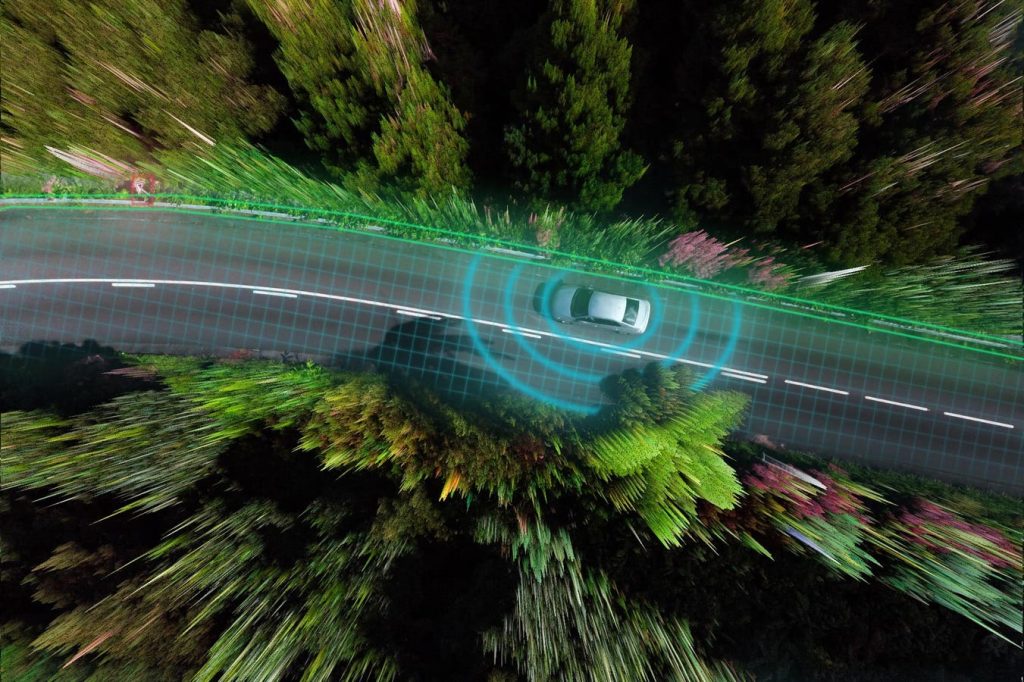American police are testing a new technology that can scan moving vehicles for anything that emits a signal, including phones, smartwatches, cat and dog tracking chips, and even library books. The technology, called Elsag EOC Plus, is created by Rome-based surveillance, defense, and aerospace company Leonardo. The system is designed to help police monitor suspects as they move, but privacy advocates are concerned that it could be abused to track people without their knowledge, learning more about them by identifying their belongings.
Leonardo claims that the Elsag EOC Plus can identify specific models of devices inside moving vehicles, such as iPhones and Bose headphones. It can also detect signals emitted by pet chips, Wi-Fi, Bluetooth devices, fitness trackers, in-car infotainment systems, and tire pressure sensors. This data can be linked to a car’s license plate number, creating a unique “fingerprint” for individuals. As a person travels through different license plate scanners, their fingerprint can be followed around an area, even if they switch vehicles.
The technology may not be limited to police departments or public roads, as Leonardo suggests it could be useful in off-road areas such as rail stations and shopping centers. The company has not yet secured any paying customers, but they confirmed that at least one police department is currently trialing the technology in a test environment. However, it is not being used for public surveillance at the moment. The Electronic Frontier Foundation has raised concerns about the potential for abuse of this technology, especially in terms of tracking individuals and seizing their electronic devices.
Leonardo spokesperson Nate Maloney stated that the company had obtained a patent for the technology and was actively trying to sell the product globally. The company claims to have over 4,000 customers for its Elsag license plate readers across the U.S. However, some experts question the justification for police departments to invest in this technology when they already have license plate readers. There are concerns about how this technology could be used to track individuals and their electronic devices, especially during events like protests where activists and journalists may be targeted.
Similar technology from a German company called Jenoptik has also been trialed by U.S. law enforcement in Texas, but it is unclear how widely it has been deployed. The technology has been compared to Stingrays, which are surveillance tools known as cell-site simulators used to collect information about phones in a given area. Due to concerns about privacy and potential abuse, some states have required warrants before using Stingrays. The Leonardo tool has been criticized for tricking devices into pinging against it, allowing for tracking of individuals without their consent.
Leonardo has stated that they will work with police agencies to ensure that the technology is used within the bounds of the law. Features can be turned off to prevent excessive data collection, and the tool will not collect content from people’s devices. While the company aims to assist law enforcement in their investigations, concerns remain about the potential for abuse and violation of individuals’ privacy rights. It is essential for laws and regulations to be in place to govern the use of such technologies to protect the privacy and civil liberties of individuals.


